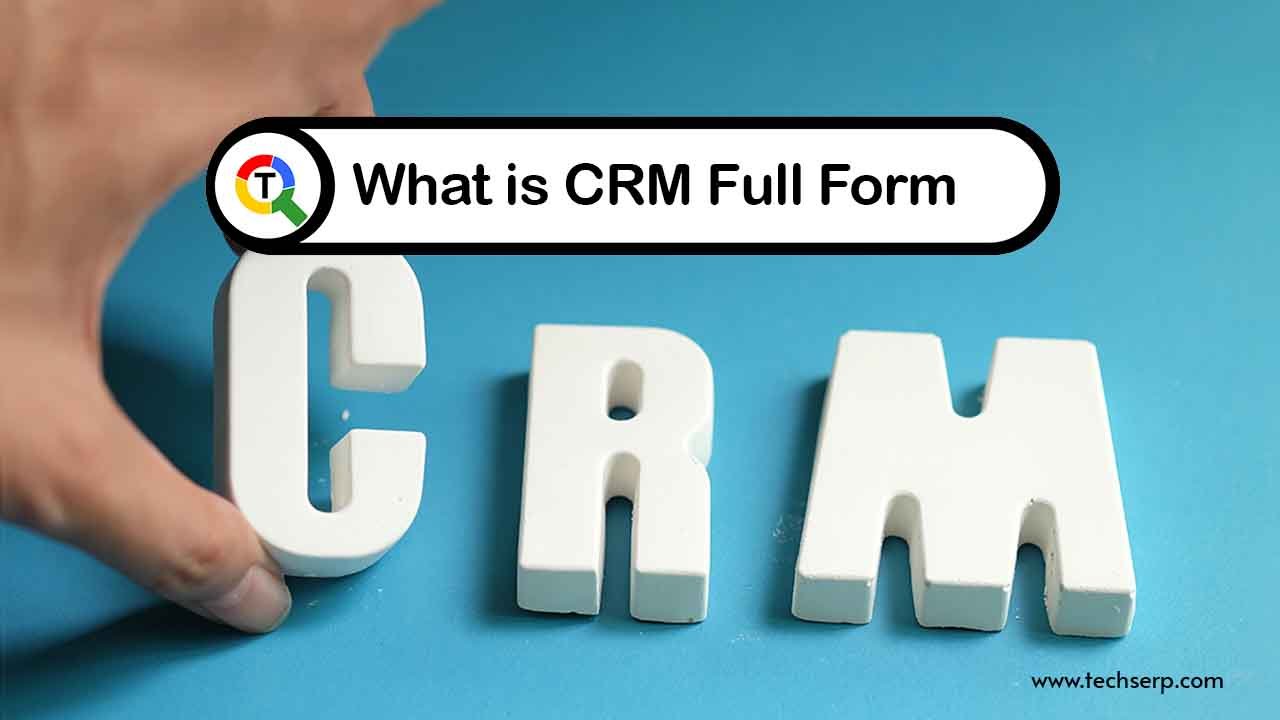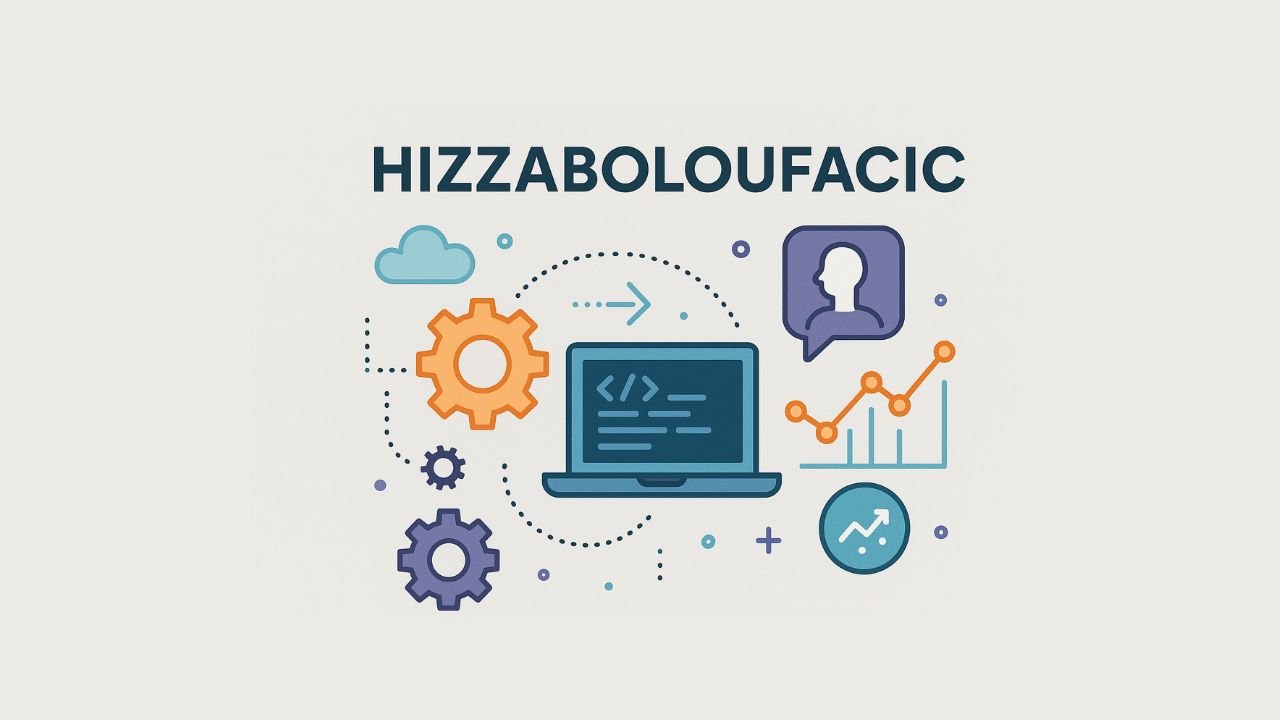Full Form of CRM
CRM Full Form name is
Customer Relationship Management. It’s a strategy, system or technology which helps companies manage their interactions with clients and potential customers. CRM tools gather, organize and analyze data about customers to improve communication and build trust. They also enhance long-term relations. Understanding the full scope of CRM allows companies to see how it streamlines marketing, sales, and customer service.
CRM is used by startups and large companies alike because it centralizes data about customers and gives them actionable insights. CRM is a great way to stay in touch with customers, whether you run an ecommerce store, a service-based company, or if you are primarily focusing on B2B.
What is the full form of CRM?
When people ask
What is CRM full form the answer is Customer Relations Management. CRM is more than software. It’s an entire business strategy aimed at nurturing relationships with clients. CRM solutions track customer interactions, manage lead generation, and analyze behavior to improve decision making. Businesses realize the importance of CRM when they understand its full form.
CRM is a key tool in providing personalized experiences. From automating email to predicting client needs, it plays a crucial role. CRM bridges the gap that exists between businesses and their clients by allowing for smooth communication through multiple channels such as email, telephone, or social media.
In Banking, CRM Full Form is Known as
The CRM full form
of Customer Relationship management in banking. It’s a crucial tool to improve customer satisfaction and loyalty. Banks use CRM to track customer interactions, manage accounts and offer personalized services like loan offers, investment plans, or credit cards.
Banks can analyze customer data to identify patterns, predict future requirements, and provide tailored financial solutions. In banking, CRM also emphasizes the importance of trust. This helps banks to maintain strong relationships with clients in an industry that values credibility.
Sales teams, for example, can use CRM software to track leads. Managers can forecast revenue and support teams are able to resolve customer queries more quickly. The 360-degree customer view allows businesses to offer personalized solutions when needed.
The Full form of CRM in Medical
In medical
, the full form of CRM is Customer Relationship Management. However, in healthcare it’s often used to manage patient interactions. Medical professionals, hospitals, and clinics use CRM systems to improve patient care.
They track medical histories, appointments, prescriptions and follow-ups. In the medical field, a CRM allows doctors and staff members to personalize treatment plans and send reminders. It also helps them provide better continuity of patient care.
CRM in its full medical form also focuses improving communication between healthcare providers and patients, making services more transparent and available. Patients may, for example, receive automated updates on test results, health advice, or upcoming appointments.
Marketing Full Form of CRM
CRM full form is
Customer Relationship management in marketing. It plays a crucial role in building customer loyalty and engagement. Marketers use CRM to segment audiences, track performance of campaigns, and personalize outreach. CRM systems help businesses create social media strategies, targeted ads, and automated emails by understanding the behavior of their customers.
In marketing, CRM also focuses on retention. It helps companies to keep their existing customers happy and attract new ones. Marketers can use analytics to measure ROI, and then adjust campaigns in real time for maximum impact. CRM tools, for example, allow brands to send personalized recommendations or offer discounts based upon purchase history.
CRM Full Form for Business
CRM is the full form of Customer Relationship management in business. It’s a system which drives efficiency, productivity and profitability. CRM is more than just contact management in business. It integrates marketing, sales and customer service processes into one platform.
In business, CRM in its full form refers to how companies can streamline their workflows, reduce the number of manual tasks and make data-driven decision.
Sales teams, for example, can use CRM software to track leads. Managers can forecast revenue and support teams are able to resolve customer queries more quickly.
Benefits of Using a CRM?
CRM software is a powerful tool that gives business owners the ability to keep in touch with their customers, manage their customer database, and improve their marketing efforts. It does this by providing a system that helps maintain and grow existing relationships, as well as establish new ones.
Types of Customer Relationship Management?
Customer Relationship Management is a method of tracking and managing interactions between a company and its customers. The modern CRM system typically uses to organize contact information, track interactions, record client preferences, and generate reports on customer actions.
How does CRM Work for Every Business?
The sales process is a complex and lengthy process, and CRM software can help to simplify it. CRM tracks the steps of each customer in order to ensure that they are happy with the company’s products or services. The system records feedback from customers so that future interactions tailore to their specific needs.
Top 5 Best CRMs for Businesses:
- Zoho is online customer relationship management software that helps to assist companies in managing and tracking the interactions with their customers.
- It has many features that are not available in traditional CRM software, including offers, pricing changes, and opportunities.
- EngageBay is an affordable CRM that can be used by small businesses to manage their sales leads, customers, prospects, and campaigns.
- It has features such as lead scoring, email marketing, sales pipeline management, and social media integration to help you grow your revenue.
- HubSpot is a customer relationship management (CRM) tool that helps business owners like you grow their sales.
- It also has the capability of helping you to track your marketing efforts and it allows you to integrate all aspects of your business.
- Salesflare is a comprehensive and robust sales and marketing platform that can help you to streamline your sales and marketing efforts. It provides a one-stop solution for managing the customer lifecycle.
- Salesflare CRM allows users to manage their pipeline, identify prospects, create customized engagement plans for each prospect, follow up on lost opportunities, and much more.
Conclusion:
Customer relationship management (CRM) software is used in all aspects of business for not only customer retention but also customer acquisition. It is the hub of all customer-related information and data, allowing businesses to integrate information from diverse sources.
You may also read: Full Form of SOP









